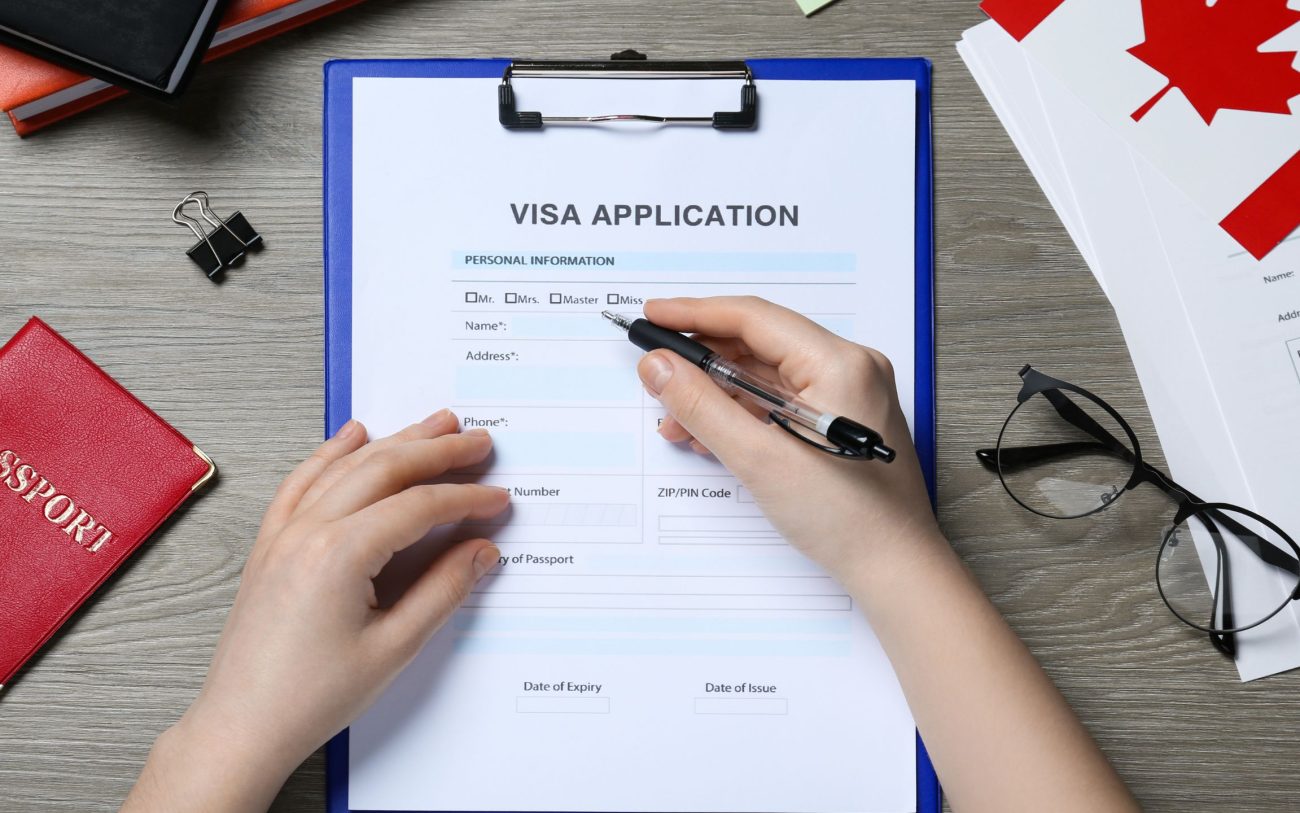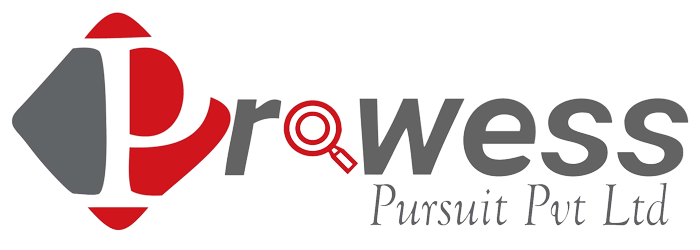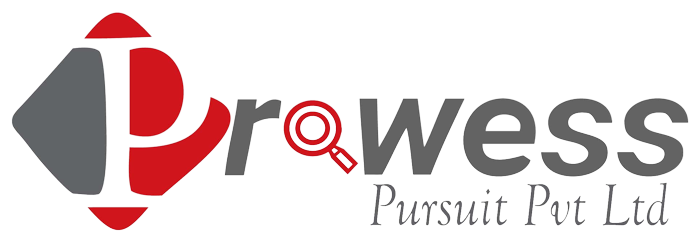
Canada Work Permit Visa – Requirements, Types and Process Time
Dreaming of working and living in Canada? A work permit visa might be your key. This article will guide you through everything you need to know about obtaining a Canadian work permit visa, from exploring eligibility requirements to understanding the application process. We’ll delve into details like the crucial role of a job offer and the Labour Market Impact Assessment (LMIA), along with the necessary documents and fees involved. Whether you’re a recent graduate, a seasoned professional, or an entrepreneur seeking new horizons, this article equips you with the knowledge to navigate your path towards working in Canada.
Understanding the Canada Work Permit:
A Canada Work Permit grants permission to foreign nationals to work in the country, provided they meet specific eligibility criteria. While individuals need a job offer or employment contract before applying, the employer must also obtain an LMIA (Labour Market Impact Assessment) from ESDC (Employment and Social Development Canada). This assessment verifies that there are no Canadian citizens or permanent residents qualified for the offered position.
Canada Work Permit Visa: Key Requirements
Eligibility:
- Be below 45 years of age.
- Possess skilled work experience in an occupation classified under the National Occupational Classification (NOC) TEER levels 0, 1, 2, or 3. This system categorizes jobs based on their skill level and training requirements. You can find the NOC code for your desired occupation on the official government website.
- Secure a valid job offer from a Canadian employer who has obtained a positive Labour Market Impact Assessment (LMIA). The LMIA demonstrates that the employer has attempted to recruit Canadian citizens or permanent residents for the position before offering it to a foreign worker.
Application Materials:
- Employment contract with your Canadian employer.
- Copy of the LMIA issued for your specific job offer.
- LMIA number included in your application form.
Additional Notes:
- These are general requirements, and specific programs may have additional criteria.
- It’s essential to consult the official Canadian government website (https://www.canada.ca/en/services/immigration-citizenship.html) for the latest information and comprehensive application guidance.
Canada Work Permit Process
- Choose the Program: Research and choose the most suitable program, like Express Entry, Provincial Nominee Programs (PNPs), or specific streams.
- Obtain a Job Offer: Secure a valid job offer from a Canadian employer. They might need a Labour Market Impact Assessment (LMIA) to prove the need for a foreign worker.
- Gather Documents: Collect essential documents like:
- Identification
- Educational qualifications
- Proof of work experience
- Language proficiency test results (e.g., IELTS, CELPIP)
- Valid job offer letter
- Apply for the Permit: Create an online profile detailing your skills, work experience, education, language proficiency, and other relevant information.
- Submit Application: Complete the online application form and submit via the appropriate immigration portal, paying the required fees.
- Biometrics and Medical:
- Attend a biometrics appointment at a designated location.
- Undergo a medical examination by an approved panel physician (results sent directly to immigration authorities).
- Processing: Be patient as your application is processed. Processing times vary based on the permit type and chosen program.
- Receive Work Permit: Upon approval, receive your Canada Work Permit, reviewing details like permitted work, location, and duration.
- Arrive in Canada: Arrive in Canada before or on the specified date on your work permit and comply with its conditions.
- Consider Permanent Residency: Explore pathways to permanent residency in Canada, such as Express Entry’s Canadian Experience Class or Provincial Nominee Programs.
Canada Work Permit Processing Time:
- General Timeline: 2-3 months for overseas applicants (varies by permit type).
- Factors Affecting Processing Time:
- Type of work permit applied for
- Completeness of application
- Additional requirements (e.g., medical exam)
- Official Source: Check processing times using the Government of Canada tool: https://www.canada.ca/en/immigration-refugees-citizenship/services/application/check-processing-times.html
Dependent Work Permit:
- Allows family members to accompany the main applicant with a job offer and open work permit.
- Eligible family members: spouse and dependent children.
- Benefits for Dependents:
- Children: attend Canadian schools without a study permit.
- Spouse: apply for an open work permit to work in Canada.
Jobs in Canada for Indians:
- High Demand Fields: Explore opportunities in booming sectors like IT, Engineering, Healthcare (Nursing), Finance, Management, HR, Marketing & Sales, Accounting, and Hospitality.
- Provincial Opportunities: Target provinces like Quebec, Ontario, British Columbia, Manitoba, Alberta, Nova Scotia, New Brunswick, and Saskatchewan for potential employment.
- Work Permit Necessity: Research the job market, apply for relevant roles, and obtain the appropriate work permit (open or employer-specific) for legal employment.
Canada offers a wealth of promising career paths for skilled Indian professionals. With its diverse economy and focus on attracting top talent, exploring the Canada in Demand Jobs for Indians list can open doors to exciting new opportunities.
Seeking a vibrant career path with ample opportunities and attractive compensation? Look no further than Canada! With over 1 million jobs currently unfilled, the Canadian market presents exceptional prospects for skilled professionals from India. This guide delves into the top in-demand occupations across various sectors, along with their average salaries, helping you navigate your path to success in this dynamic job market.
Pursue High-Demand Careers in Canada: Opportunities Await Indian Professionals
| Occupation | Average Salary range in CAD |
| Sales Representative | $52,000 to $64,000 |
| Accountant | $63,000 to $75,000 |
| Engineering Project Manager | $74,000 to $92,000 |
| Business Analyst | $73,000 to $87,000 |
| IT Project Manager | $92,000 to $114,000 |
| Account Manager | $75,000 to $92,000 |
| Software Engineer | $83,000 to $99,000 |
| Human Resources | $59,000 to $71,000 |
| Customer Service Representative | $37,000 to $43,000 |
| Administrative Assistant | $37,000 to $46,000 |
Types of Canada Work Permits:
Canada offers various work permit options catering to diverse needs and situations. Understanding these options is crucial for navigating your path to working legally in this welcoming nation. Here’s an overview of the seven primary types of Canada work permits:
1. Temporary Foreign Worker Program (TFWP):
- Designed for employers to hire foreign workers when qualified Canadians are unavailable.
- Requires a positive Labour Market Impact Assessment (LMIA) demonstrating that hiring a foreign worker won’t negatively affect Canadian employment.
2. Intra-Company Transfers:
- Allows employees of a multinational company to transfer to a branch in Canada for a specific period.
- Requires a valid employment offer from the Canadian branch of the company.
3. LMIA-Required Work Permits:
- Comprises various work permit categories, each with specific requirements, that necessitate a positive LMIA.
- Examples include work permits for artists and entertainers, athletes and coaches, and religious workers.
4. LMIA-Exempt Work Permits:
- Certain categories of work permits are exempt from requiring an LMIA, simplifying the application process.
- Examples include work permits for spouses and common-law partners of Canadian citizens or permanent residents, and research scientists and scholars.
5. Business Visitor Permits:
- Allow foreign nationals to engage in temporary business activities in Canada, such as attending meetings or conferences, but not to work directly for a Canadian employer.
6. International Experience Canada (IEC):
- Offers working holiday visas (WHVs) and Young Professionals internships for young adults from eligible countries, including India, to gain international work experience in Canada.
7. Post-Graduation Work Permits (PGWP):
- Issued to international students who have graduated from a designated learning institution in Canada, allowing them to gain valuable Canadian work experience.
Remember: This information provides a general overview. Always consult official Canadian government resources for the latest details and eligibility requirements for each work permit type.
Navigating your Canada Immigration Journey with Prowess Pursuit
Considering a move to Canada? Prowess Pursuit, the trusted Canadian immigration consultant for serious applicants, can help you navigate every step of the process.
Our comprehensive approach ensures you make informed decisions and take the right actions:
- Free Eligibility Check: Use our Canada Immigration Points Calculator to assess your initial eligibility.
- Expert Guidance: Our experienced team provides personalized support throughout your immigration journey.
- Coaching Services: Improve your language proficiency with CELPIP and IELTS coaching.
- Career Counseling: Receive free career guidance to find your ideal job in Canada.
- PR Visa Support: Get complete assistance with your Canada PR visa application.
- Job Search Services: Find relevant job opportunities in Canada to enhance your application.
Ready to take the next step? Talk to our expert visa consultants for a free evaluation and make an informed decision about your future in Canada.
Frequently Asked Questions:
If I have a Canadian job offer, am I eligible to apply for a work permit?
A job offer alone doesn’t guarantee work permit eligibility. It usually needs a positive LMIA or exemption to be considered valid. Consult with an immigration expert to assess your specific situation.
What am I allowed to do on a Canadian work permit?
Your work permit specifies limitations based on its type. These could include the work you can do, your employer, location, and duration. All permit holders are prohibited from working in businesses suspected of sexual exploitation. Remember, work permits are temporary, and you must leave Canada by the authorized stay’s end.
Can my family be included on my work permit application?
For employer-supported work permits, you might be able to include your spouse and dependent children on your application, allowing them to accompany you to Canada.
How much does a Canadian work permit cost?
The cost depends on the type of permit. Closed work permits cost $155 CAD per person, while open work permits are $255 CAD. Additional fees may apply for specific situations.
How do I apply for a work permit?
The process varies depending on the permit type. Start by identifying the most suitable permit for your situation. If you need help navigating the application process, our team can assist you.
What are Police clearances for Canadian work permits?
You may need to provide police clearance certificates from countries you’ve lived in for 6+ months after 18 years old. These may be included in your application checklist.
Do I need to complete a medical exam for a Canadian work permit?
Medical exams are required under specific conditions, such as working in close contact with people, staying longer than 6 months, or coming from certain countries. Check the IRCC website for details and designated panel physicians.
Can I take a medical exam beforehand?
Yes, you can contact a designated panel physician directly and take the exam before submitting your application.
How long does it take to process my work permit application?
Processing times vary based on the type of permit and your country of residence. It can range from weeks to several months.
How long does an LMIA application take?
Regular LMIAs take at least 5 months, while simplified Quebec LMIAs are processed in 2-3 months. Expedited options might be available depending on your employer.
What is the success rate for work permit/LMIA applications?
There’s no success rate as each case is reviewed individually. Meeting LMIA requirements improves your chances, but officer discretion also plays a role.
How can I check my work permit application status?
Check online if you submitted electronically. Link your paper application to an IRCC account for online status updates.
Why might my work permit application be refused?
Common reasons for refusal include:
1. Doubts about your ability to do the job effectively.
2. Concerns about your return to your home country after your stay.
3. Not meeting the specific work permit requirements.
How do I include my spouse in my work permit application?
For closed work permits, your spouse might qualify for a separate open work permit application, usually submitted online.
Conclusion: Seize the Opportunity to Work in Canada
Canada’s dynamic job market offers a wealth of opportunities for skilled professionals. By meeting eligibility requirements, securing a job offer, and navigating the application process, you can unlock your potential for a rewarding career in this welcoming nation. Prowess Pursuit can be your trusted guide throughout your Canada immigration journey, providing expert advice and comprehensive support every step of the way. Take the first step towards your Canadian dream – contact us today for a free evaluation and explore the possibilities.
Frequently Asked Questions:
1. How do I activate my work permit?
The process depends on your location and application method.
- Within Canada: Your approval letter will be followed by your activated work permit by mail.
- Outside Canada: Instructions for obtaining your physical permit at the port of entry will be provided.
- Port of entry: If approved, your work permit will be printed and activated right away.
2. How do I find a job in Canada?
Canadim offers various job search resources on their website. Ensure your resume and social media profiles are polished before applying.
3. Where do I find my work permit number?
Look for the number starting with “U” on the top right corner of your permit.
4. Can I work in Canada without a work permit?
Generally, no. Exceptions exist, but consult an immigration professional for details.
5. Can I get a work permit without a job offer?
Usually, a written job offer is required. However, open work permits allow working for any employer in specific circumstances.
6. Is there an age limit for work permits?
The minimum age is 18, with no maximum except under the International Experience Canada program.
7. Can I apply for health insurance on a work permit?
Provincial health insurance plans have varying eligibility requirements. Some provinces allow work permit holders to apply, but residency requirements may exist.
8. What’s the difference between a work permit and a visa?
A work permit allows you to work in Canada, while a visa is a travel document for entering the country.
9. Do I need IELTS for a work permit?
No, but the employer may require proof of language proficiency if specified in the job offer.
10. How long are work permits valid?
Typically 1-2 years, with variations depending on the program and specific circumstances.
11. Do I need my work permit to re-enter Canada?
Yes, along with a valid travel document. Your work permit allows you to work in Canada, but not to enter the country. You need a visa or eTA for that.
12. Can my employer sponsor me to work in Canada?
Employers don’t “sponsor” but can help by obtaining a Labour Market Impact Assessment (LMIA) or submitting an electronic job offer (for LMIA-exempt categories). These documents are required for your work permit application.




